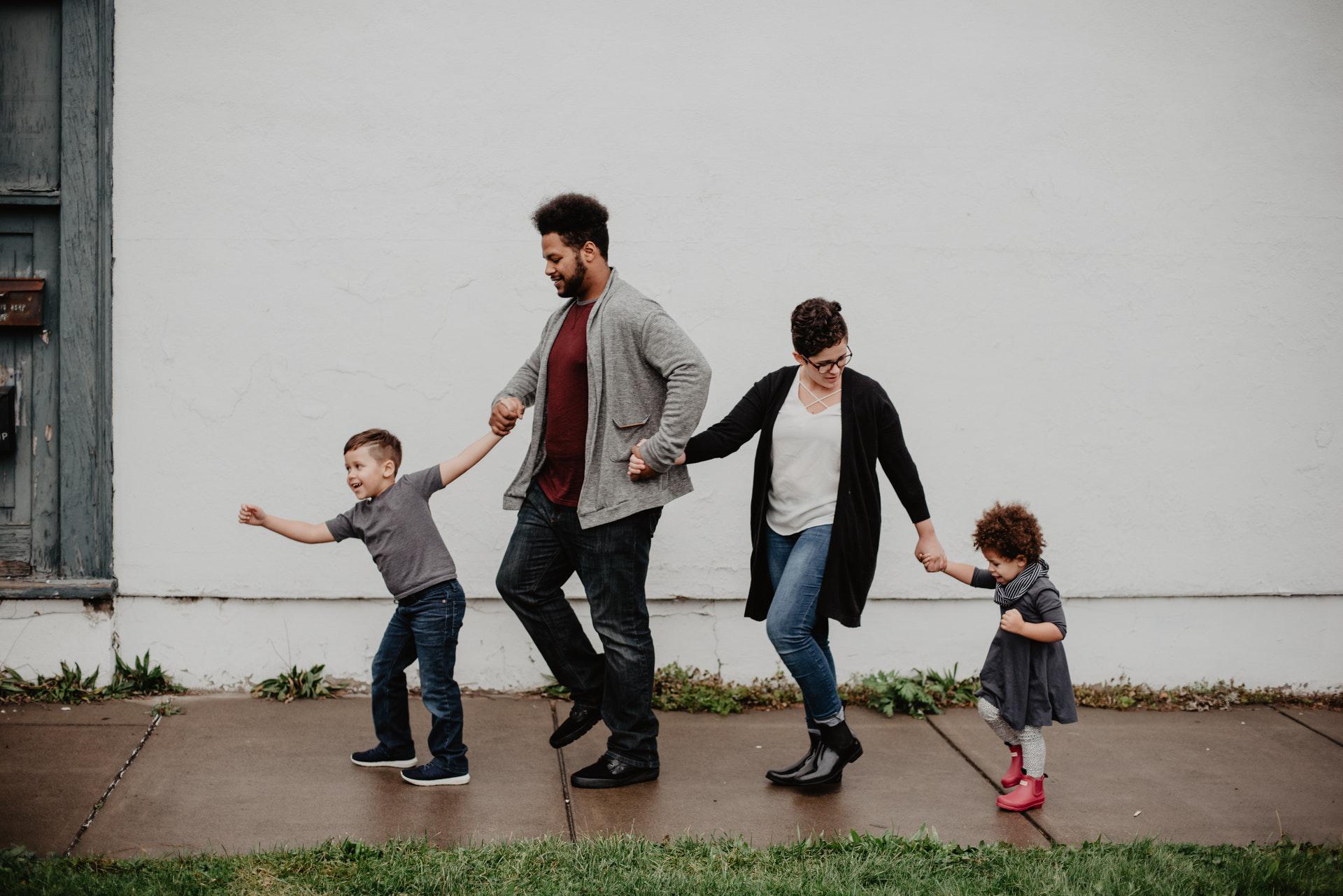
There has been a lot of references to the “ego” in self help literature. While the term was coined by Freud in the early 20th century, it has come to mean different things; when I refer to the ego, I am referring to anything that makes up a “false self.”
Many teachers refer to this “false self” as the part of us that desires to be seen in a certain way; the part of us that believes some missing ingredient for happiness exists outside of ourselves, and typically takes the form of something classically egoic- success (however that is personally defined), an esteem-worthy career, the perfect mate; then comes the big house, then a car, then two cars, then the perfect children, everything that is Facebook worthy. And all the while, our culture promises these will indeed bring us happiness.
But there are variances in these ego messages. While all of us can resonate with the cultural pressure, while many of us can acknowledge they don’t bring happiness in and of themselves, and while some of us even question the term “happiness” (a culturally loaded term), when questioned, an ego-tranced individual may be focused upon one aspect of this perfect picture, at the expense of others. One person may want the perfect mate more than an esteem-worthy career, another may think the career is the greatest source of value; and underneath it all is the ongoing question- when will I feel complete, when will I be enough, when will I get someone’s approval?
Sometimes, that person’s approval we’ve been striving for our whole entire lives doesn’t even exist. This is the irony of it all, and pushes the point further that these are ideas we have internalized, a perfect blend of cultural indoctrination, childhood environment, and temperament.
And herein comes the Enneagram.
It does more than speak of an ego, It describes what an ego type looks like for different people. Does everyone want to be successful? Of course, but not only can this mean different things to different people, there is always something that someone is willing to sacrifice for something else. Ego-type 2- particularly when lacking presence- may be willing to give up independence/autonomy/respect for love and attention, but would Ego type 8 be as willing to give up one’s independence, self respect and autonomy for some love and attention? As a general rule, no. It may happen sometimes, it may happen more often as people move beyond their ego type and become more present, but in times of stress, we curl right back into what will keep us safe. A 2’s message is you are safe if you are loved by someone else, and an 8’s message is you are safe if you are self-reliant.
Adults come into therapy because they are increasingly aware of trauma wounds due to their own inner work. These are not people that are broken or who need to be fixed, these are people who are becoming increasingly aware of their own broken hearts, and may even be becoming aware of the hidden secret that all of humanity- every human being- is broken hearted. Some people find creative ways of keeping band aids on their wounds at the expense of deeper gifts such as empathy, wisdom, compassion, and faith, and some people are unable to work the band aids for long. In any case, people come into therapy with an awareness that there is something that caused them pain, and that the pain caused them to create certain defenses in order to deal with the world. What my clients don’t always realize is that there is nothing “wrong” with them. Our ego defenses fall into predictable patterns; they are loosely based on temperament, they all hold incredible spiritual gifts, and they all can keep us safe in dangerous situations. The ego is not a bad thing, but it simply isn’t who we are.
So much of trauma therapy is recognizing that- at least for many (not all) people- we are the ones that create a safe environment for ourselves, beginning with our in; that we have far more choices now than we did as children; that we don’t have to react In predictable ways, that we don’t have to repeat patterns, and that we get to choose to be something or someone different. We may not be able to change our temperament or type, but we can change just about any pejorative label that has ever been applied to it. There is no type dominion on qualities like courage, compassion, honesty, mercy or grace. It’s abundant in anyone that is choosing to act instead of react, to live in love and not fear, and to make the decision, first and foremost, that our greatest love story begins with ourselves, that to meet ourselves is more exciting and precious than meeting any other person, that our primary plot is to meet, fall in love with and marry ourselves, and everything else is a subplot. If we have that plot in place, the subplots are not necessities for happiness, and if we don’t have that main plot, our subplots are going to be overwhelmed and strained by the insatiable need for all of us to connect with who we are.